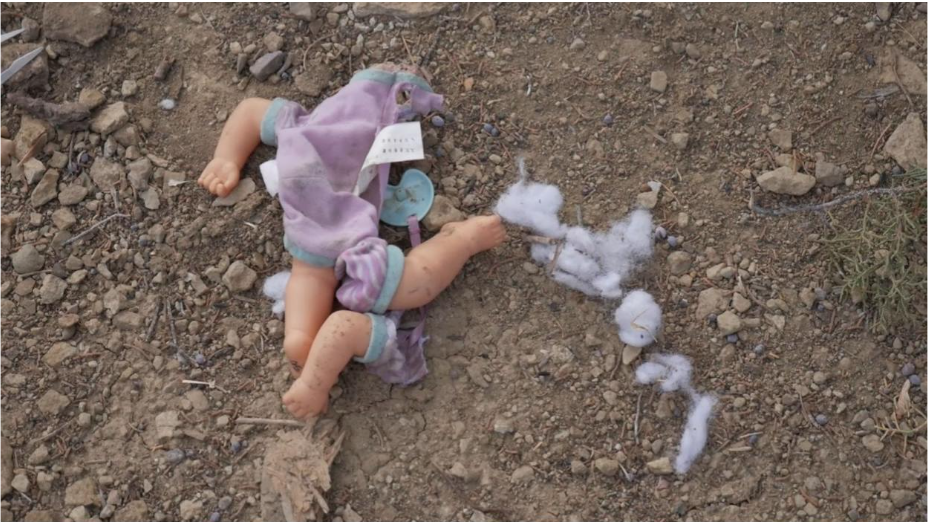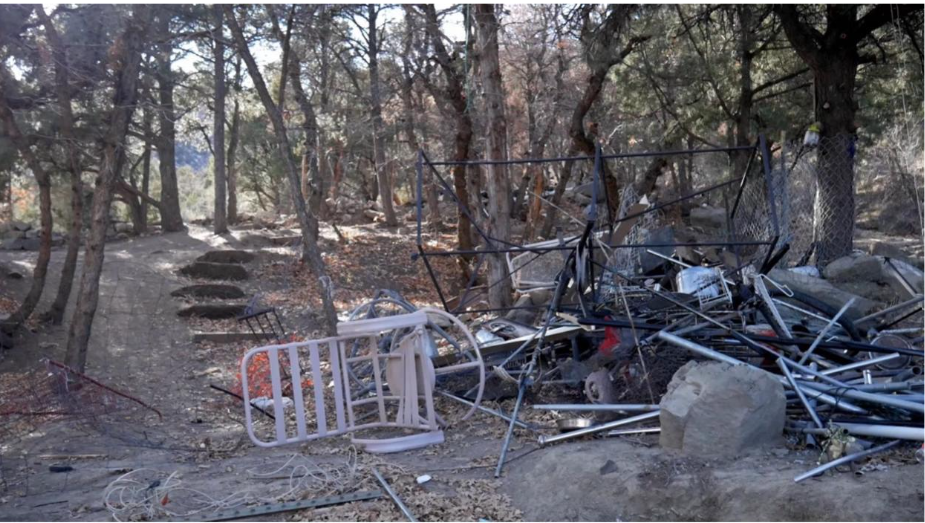Without comfort: unhoused residents displaced from Durango camp still struggling to survive

DURANGO, Colo. — 52-year-old Andrew Miller has lived in Durango all his life, but for the last ten of those he has been without a house to call home. In his first nights of being unhoused, Andrew had nowhere to go and no choice but to take on the Colorado weather.
“I headed over here with a backpack on my back. I walked around town for three nights, got frostbite on my feet and my fingers,” he recalls.
Soon he was taken to a homeless camp called Purple Cliffs by some folks who had once been in his exact shoes. Since then, Andrew has borne witness to the ever-growing population of Durango and how the city’s relations with the unhoused has changed over time.
Andrew observes, “This was a close-knit community. Now all these rich people move in and they want to make their rules and how they want it to be. And they don’t want to see homeless on the street. They don’t want to see some guy digging out of the trashcan.”
Over the years, the City of Durango has frequently relocated its homeless population. From the hill under Hog’s Back to Purple Cliffs, and then again just recently displacing an estimated 100 people.
“They moved us over to Purple Cliffs, handed us shovels and picks and said ‘dig in.’ That was in November. We dug in and we made our homes there for three years, and then they came and just tossed us out.” The displacement happened just in September, 2022—and was carried out without a plan for safely relocating all the residents.
Local nonprofits are trying to help fill the void, but it’s not enough.

“We were set up out there, at the Purple Cliffs. I can survive a winter out there with what I had. Now, I don’t even know if I’m gonna survive the winter. I’ll be lucky if I don’t freeze to death in my tent.”
Andrew Miller urges the community of Durango to have compassion for what he and others are going through and to realize they have much in common.
“There’s mothers, fathers, grandmas, grandpas, babies that are out on the street. And I feel that if we work together more, instead of being so judgmental of each other, we would be better. We’re people just like you. I’m no different. I bleed just the same as you. We are not your enemy. We are people just like you that lost our jobs. That lost our homes.”
